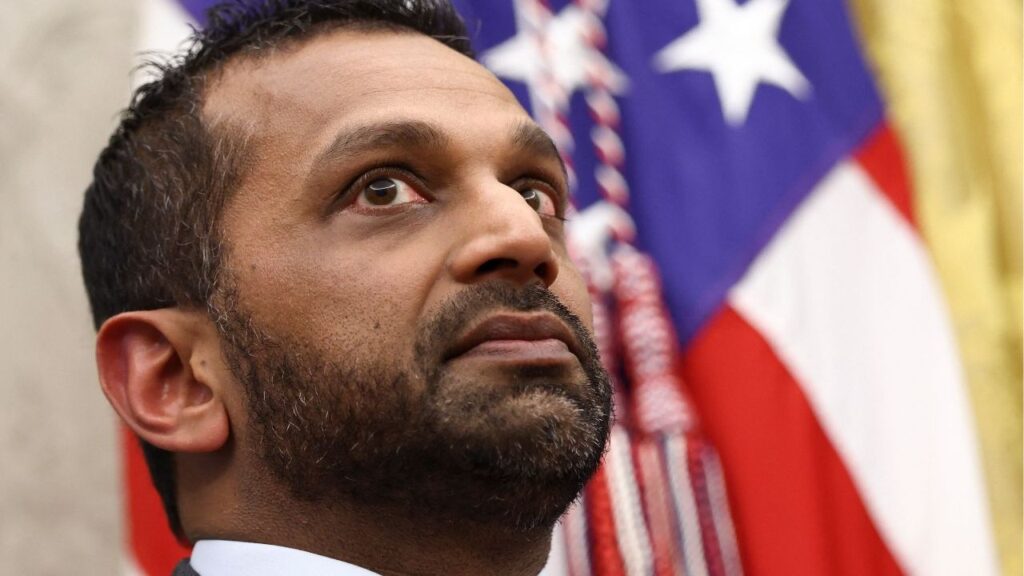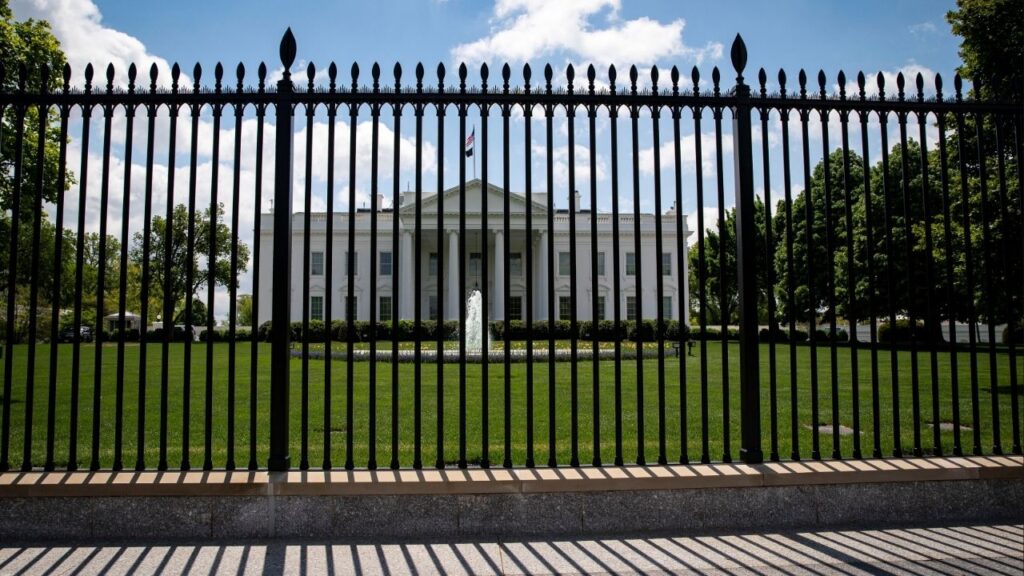Share
WASHINGTON — Whatever or whoever they are, they’re still out there. U.S. intelligence is after them, but its upcoming report will not deliver the full and final truth about UFOs.
The tantalizing prospect of top government intel finally weighing in — after decades of conspiracy theories, TV shows, movies and winking jokes by presidents — will instead yield a more mundane reality that’s not likely to change many minds on any side of the issue.
Investigators have found no evidence the sightings are linked to aliens — but can’t deny a link either. Two officials briefed on the report due to Congress later this month say the U.S. government cannot give a definitive explanation of aerial phenomena spotted by military pilots.
The report also doesn’t rule out that what pilots have seen may be new technologies developed by other countries. One of the officials said there is no indication the unexplained phenomena are from secret U.S. programs.
The officials were not authorized to discuss the information publicly and spoke on condition of anonymity. Findings of the report were first published by The New York Times.
The report examines multiple unexplained sightings from recent years that in some cases have been captured on video of pilots exclaiming about objects flying in front of them.
Congress Requiring Public Release from Director of National Intelligence
Congress in December required the Director of National Intelligence to summarize and report on the U.S. government’s knowledge of unidentified aerial phenomena, or UAPs — better known to the public as unidentified flying objects or UFOs. The effort has included officials on a Defense Department UAP task force established last year. The expected public release of an unclassified version of the report this month will amount to a status report, not the final word, according to one official.
A Pentagon spokeswoman, Sue Gough, declined Friday to comment on news reports about the intelligence report. She said the Pentagon’s UAP task force is “actively working with the Office of the Director of National Intelligence on the report, and DNI will provide the findings to Congress.”
The Pentagon and Central Intelligence Agency have for decades looked into reports of aircraft or other objects in the sky flying at inexplicable speeds or trajectories.
The U.S. government takes unidentified aerial phenomena seriously given the potential national security risk of an adversary flying novel technology over a military base or another sensitive site, or the prospect of a Russian or Chinese development exceeding current U.S. capabilities. This also is seen by the U.S. military as a security and safety issue, given that in many cases the pilots who reported seeing unexplained aerial phenomena were conducting combat training flights.
Lack of Firm Conclusions Likely to Disappoint the Public
The report’s lack of firm conclusions will likely disappoint people anticipating the report, given many Americans’ long-standing fascination with UFOs and the prospect of aliens having reached humankind. A recent story on CBS’ “60 Minutes” further bolstered interest in the government report.
But skeptics caution that the videos and reported sightings have plausible Earth-bound explanations. Mick West, an author, investigator, and longtime skeptic of UFO sightings, said he supported the military looking into any possible incursion of U.S. airspace, especially by an adversary.
“People are conflating this issue with the idea that these UFOs demonstrate amazing physics and possibly even aliens,” West said. “The idea that this is some kind of secret warp drive or it’s defying physics as we know it, there really isn’t any good evidence for that.”
The Pentagon last year announced a task force to investigate the issue, and the Navy in recent years created a protocol for its pilots to report any possible sightings. And lawmakers in recent years have pushed for more public disclosure.
“There’s a stigma on Capitol Hill,” Sen. Marco Rubio, R-Fla., told “60 Minutes” in May. “I mean, some of my colleagues are very interested in this topic and some kind of, you know, giggle when you bring it up. But I don’t think we can allow the stigma to keep us from having an answer to a very fundamental question.”



















